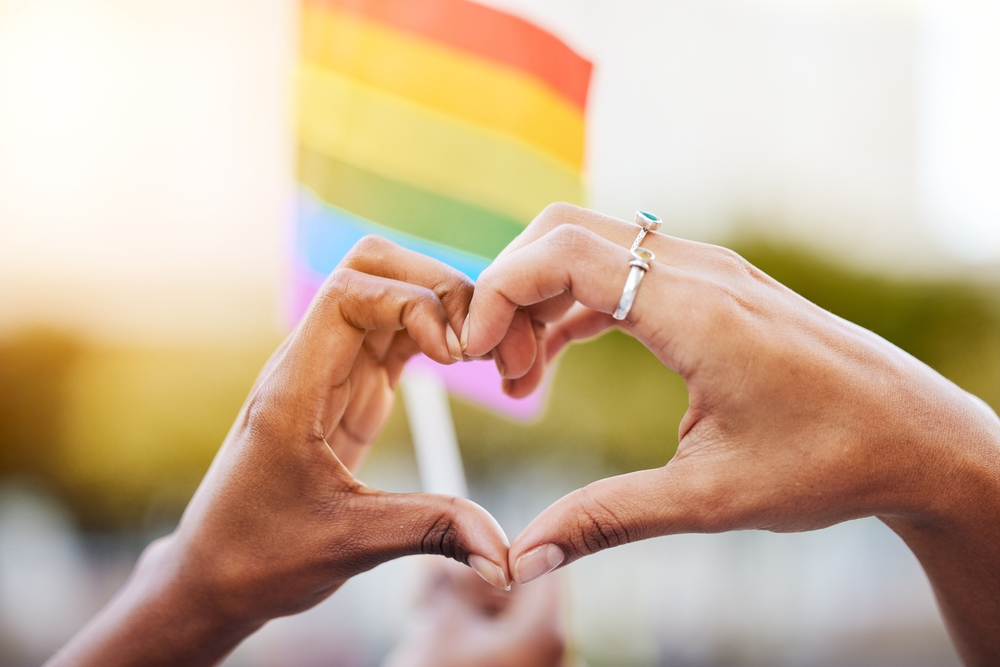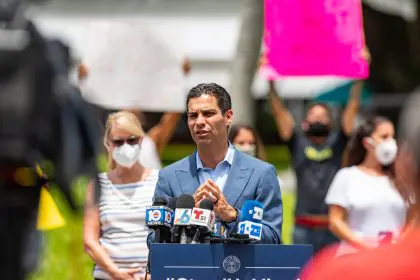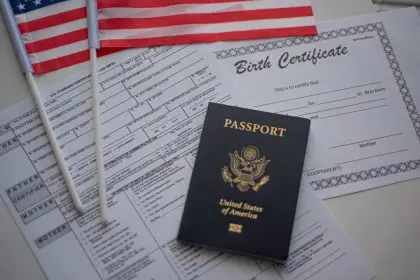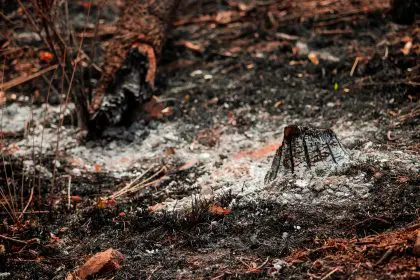Warning signs ignored as detention turns deadly
The death of travel agency director Andrei Kotov in a Moscow detention center has intensified concerns about Russia’s increasingly aggressive campaign against its LGBTQ community. Kotov, who ran Men Travel, was held on extremism charges before his reported suicide on Sunday, Dec. 29, according to rights monitoring group OVD-Info.
Brutal detention and fatal outcome
Prior to his death, Kotov reported experiencing severe physical abuse during his arrest, including electric shocks administered by law enforcement officials. These allegations, documented by independent news outlet Mediazona, point to a pattern of systematic mistreatment of LGBTQ individuals within Russia’s criminal justice system.
The charges against Kotov stemmed from his operation of a travel agency that allegedly catered to gay clients — a business that became a target following Russia’s Supreme Court ruling that classified the international LGBTQ movement as an extremist organization. This sweeping legal decision effectively criminalized any form of LGBTQ activism or support within Russian borders.
Escalating persecution under Putin’s regime
The timing of this crackdown aligns with President Vladimir Putin’s broader political strategy, which has intensified since Russia’s military campaign in Ukraine began. Putin’s government has consistently positioned itself as a defender of “traditional values” against what it characterizes as Western moral corruption, with LGBTQ rights becoming a primary target in this ideological conflict.
This stance has manifested in increasingly restrictive legislation and enforcement actions. The Supreme Court’s ruling represents the culmination of over a decade of mounting pressure on Russia’s LGBTQ community, transforming what began as social stigma into full-blown legal persecution.
Impact reverberates through society
The repercussions of Russia’s anti-LGBTQ campaign extend far beyond individual cases like Kotov’s. LGBTQ+ Russians face unprecedented challenges in their daily lives, from professional discrimination to personal safety threats. Many have been forced underground or fled the country entirely, creating a growing exodus of LGBTQ+ refugees.
Human rights organizations report that the criminalization of LGBTQ+ advocacy has severed vital support networks and resources. Mental health services, legal aid, and community spaces have been forced to shut down or operate in secret, leaving vulnerable individuals without crucial assistance.
The international diplomatic community has responded with condemnation and sanctions, though their impact remains limited. Western nations have increasingly incorporated LGBTQ+ rights considerations into their Russian foreign policy frameworks, but this has sometimes reinforced the Kremlin’s narrative about foreign interference.
Systemic failure of protection
Kotov’s death highlights critical failures within Russia’s detention system, particularly regarding the treatment of individuals arrested under the new anti-LGBTQ+ legislation. Despite documented abuse allegations, authorities have shown little interest in investigating misconduct claims or implementing protective measures for vulnerable detainees.
The pretrial detention system, where Kotov met his death, has become particularly dangerous for gay people. Human rights monitors report that detention facilities often ignore or actively enable harassment and abuse of vulnerable detainees, creating conditions that make incidents like Kotov’s death more likely.
Future uncertainty looms
As Russia continues to tighten restrictions on LGBTQ+ rights, the international community faces mounting pressure to respond effectively. Traditional diplomatic approaches have proven insufficient in addressing the systematic nature of this persecution.
The criminalization of LGBTQ+ activism has set a dangerous precedent, potentially spreading to other regions, especially in countries already skeptical of these rights. This possibility has raised alarms among international human rights organizations, warning of a domino effect in neighboring nations.
For Russia’s sexual minorities, the path forward appears increasingly treacherous. Legal persecution, social stigma, and physical danger often push basic survival above the pursuit of change.
Kotov’s death serves as a tragic reminder of the human cost of state-sponsored discrimination. As Russian authorities continue their campaign against these individuals, cases like his underscore the urgent need for more effective international intervention and support mechanisms for those caught in this ideological battle.
Resources for crisis support are available 24/7 through the Suicide and Crisis Lifeline at 988.
















